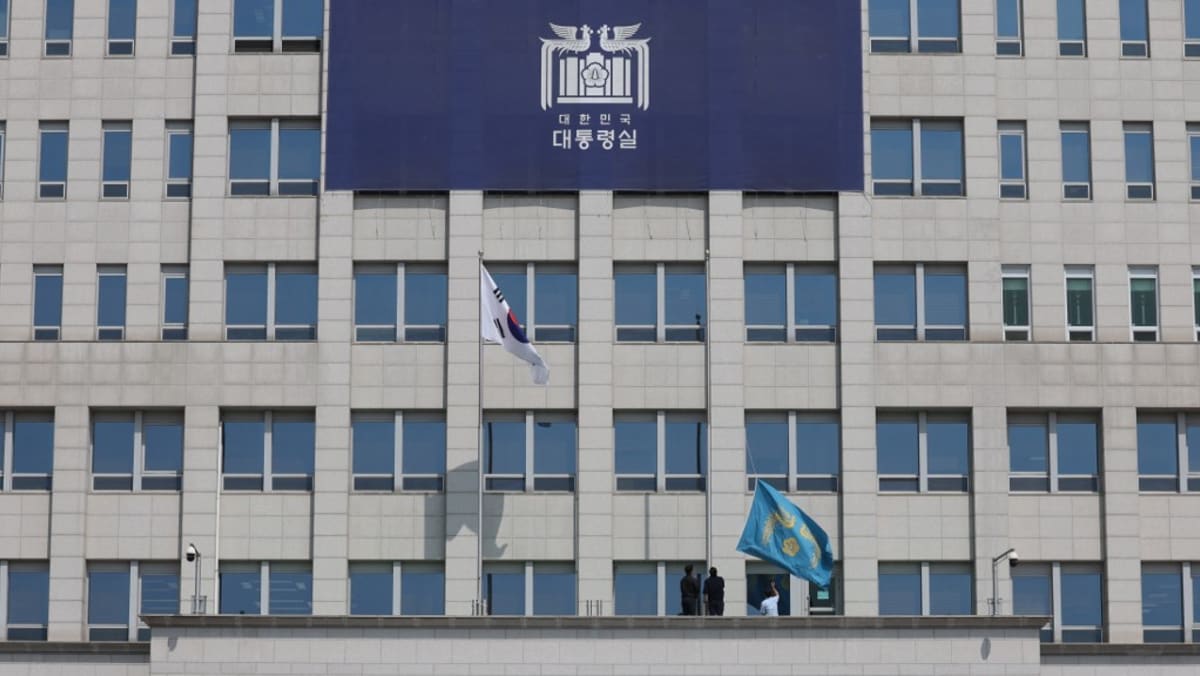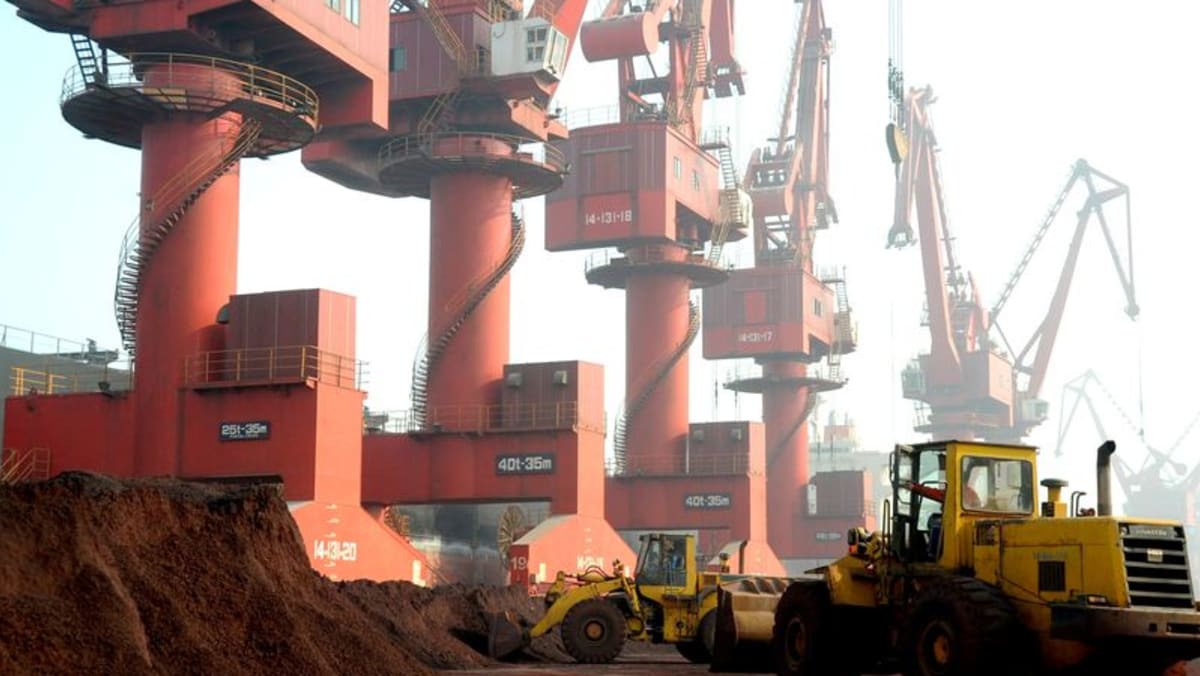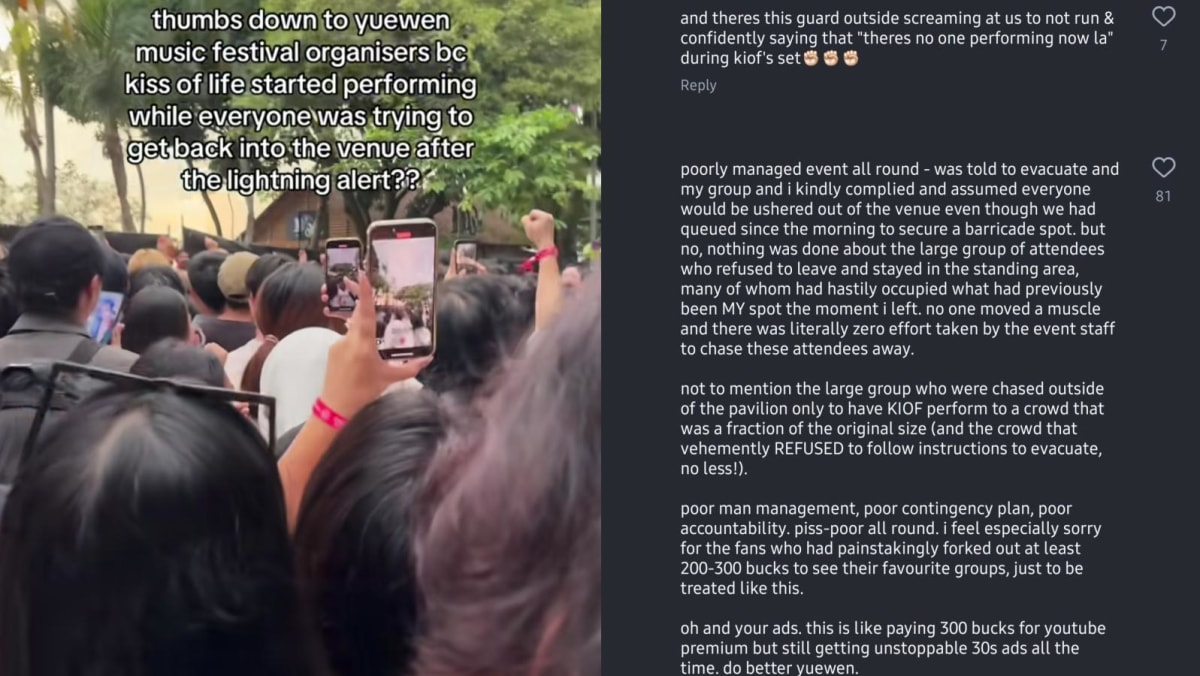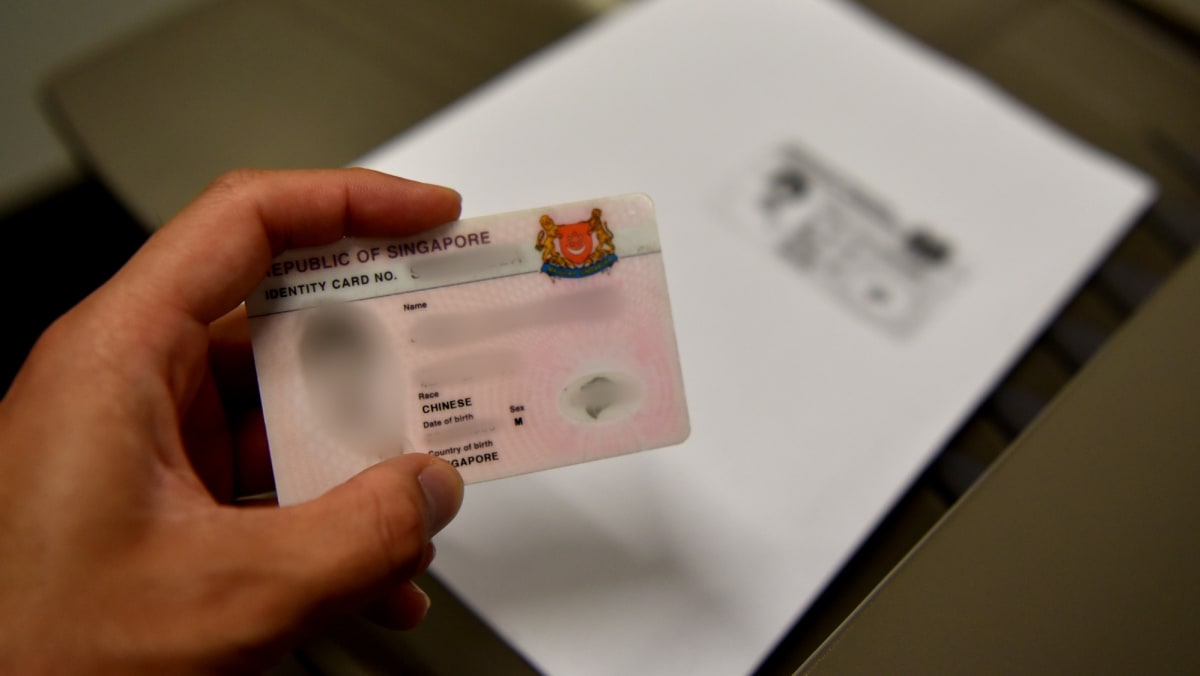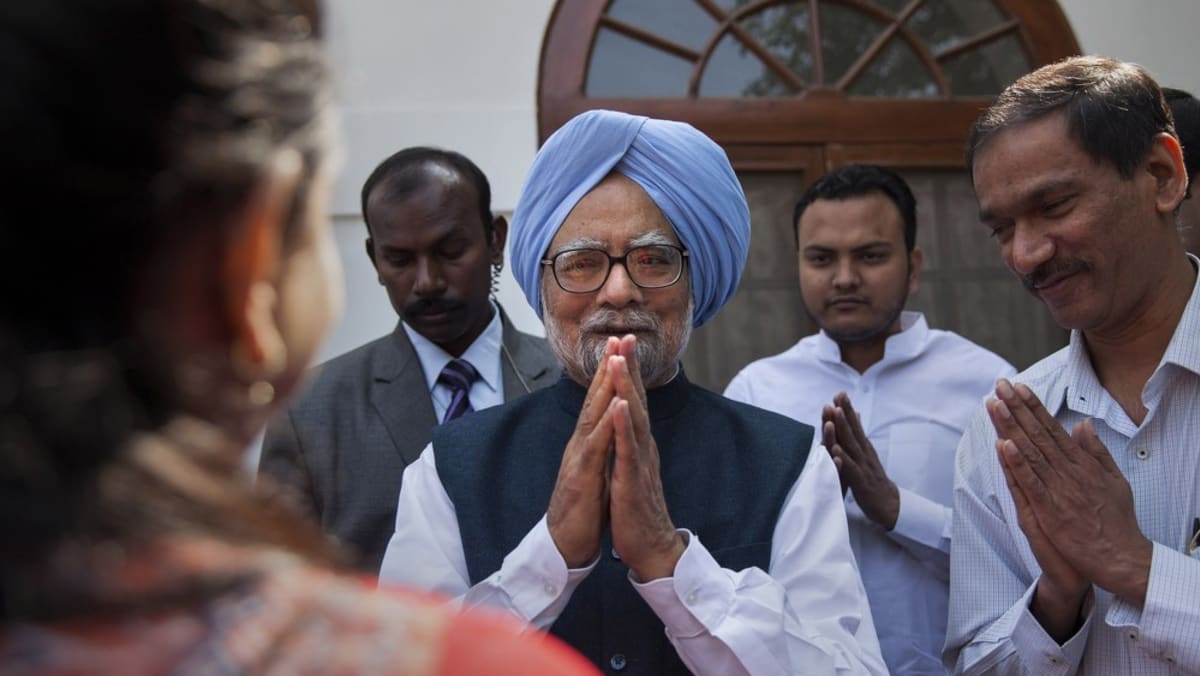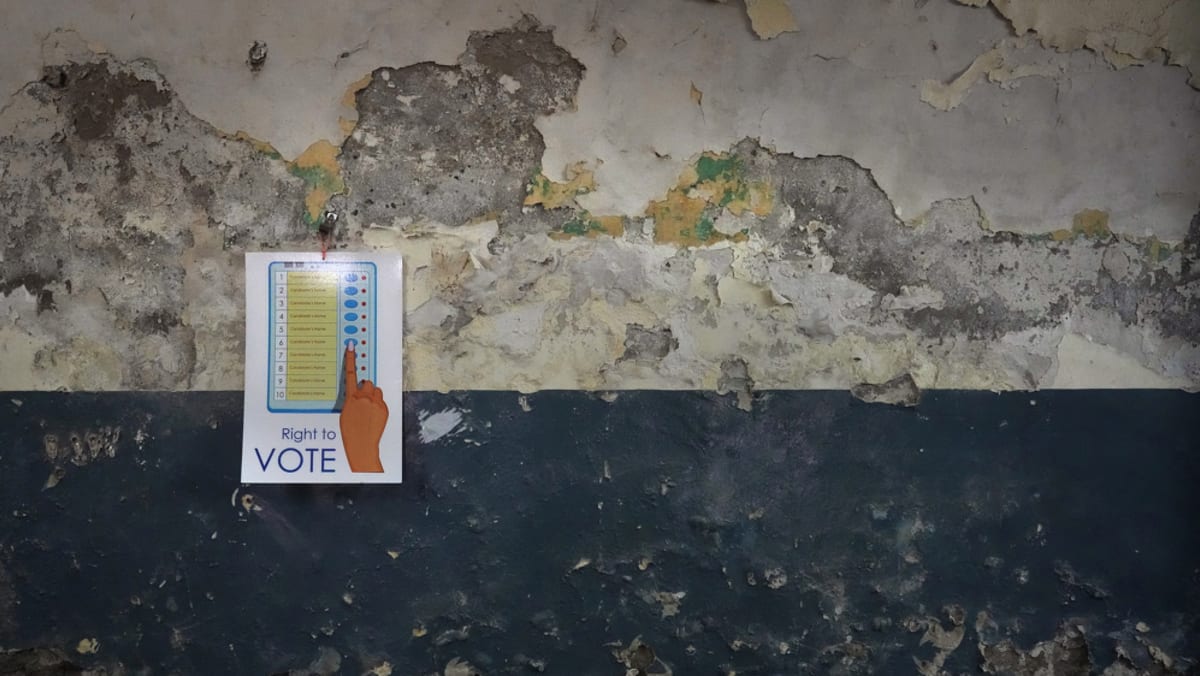TOKYO: Japanese tech stocks fell on Tuesday (Jan 28) following a plunge in US tech stocks driven by the emergence of a low-cost Chinese generative AI model.
US chipmaker Nvidia led a rout on Wall Street, falling nearly 17 per cent on fears that Chinese firm DeepSeek's chatbot could threaten US dominance in artificial intelligence. Nvidia stock was up slightly in after-hours trading.
Heavyweight chip-related stocks tracked an overnight drop in the Nasdaq, but gains in bank shares helped the Topix reverse early losses.
The Nikkei ended the morning session down 0.57 per cent at 39,340.15, after falling as much as 1.7 per cent earlier in the session.
The broader Topix was up 0.45 per cent at 2,770.5.
In Tokyo, Nvidia supplier Advantest was down nearly 10 per cent on Tuesday to drag Nikkei the most.
There were further falls for AI-backer SoftBank Group, which fell 4.71 per cent, and data-centre cable maker Furukawa Electric was down 8 per cent.
Both had already fallen heavily on Monday, with SoftBank now 13 per cent lower after two days and Furukawa down 20 per cent.
Chip-making equipment maker Tokyo Electron fell 3.78 per cent.
Tech-heavy markets in Taiwan and South Korea were closed for a holiday. Markets in China were also shut to usher in the Chinese New Year and Hong Kong trade closes at noon.
AUSTRALIA'S AI SHARES RATTLED
In Australia, stocks exposed to the artificial intelligence wave fell sharply on Tuesday as investors feared DeepSeek would threaten the dominance of current market leaders.
Shares of AI software firm Appen fell 3.3 per cent, while AI chipmaker Brainchip lost 10.3 per cent by 0029GMT. The technology sub-index was down 1 per cent.
Data centre landlords in Australia - Goodman Group, NEXTDC and DigiCo Infrastructure REIT - tumbled 6.4 per cent, 6.2 per cent and 11.1 per cent respectively, as DeepSeek's model sparked concerns of lowered spending on infrastructure.
Australia's data-centre market saw outsized investment last year as the AI boom drove a frenzied demand, with giants such as Nvidia pouring billions to build capacity.
CURRENCY MARKETS JITTER
The Japanese yen gave up some of the safe-haven-driven gains on Tuesday as investors grappled with the potential implications of DeepSeek.
The dollar was up 0.7 per cent against the yen at 155.70, putting the currency pair back within its recent trading range after the yen strengthened to its strongest level since mid-December at 153.715 on Monday amid the safe-haven bids.
"The fact that DeepSeek's AI news sparked more volatility for USD/JPY on Monday than the (Bank of Japan)'s hawkish meeting last Friday tells you how much of a big deal this is for traders," said Matt Simpson, senior market analyst at City Index.
The risk-sensitive Australian and New Zealand dollars extended their losses.
DEEPSEEK SPOOKS WALL STREET
Nvidia accounted for most of the 3 per cent drop in the Nasdaq on Monday.
The CBOE Volatility Index, known as Wall Street's fear gauge, leapt and safe-haven assets such as government bonds, the yen and the Swiss franc all rallied.
Ten-year US Treasury yields fell 9.5 basis points, and were last steady at 4.55 per cent in Asia. Fed fund futures have put in an extra 9bps of easing by year-end. Even oil prices dropped 2 per cent on worries about energy demand.
DeepSeek, a little-known startup from Hangzhou, China, has a free AI assistant it said was developed very cheaply using lower-cost chips and less data than US rivals.
"The narrative that's concerning people here is that DS ... has delivered performance-topping models on a shoestring budget," said JP Morgan sector specialist Josh Meyers in a note to clients.
"This has been seen by some as egg-on-the-face of the big, multi-billion dollar operations like OpenAI, Google and Anthropic. And it's calling into question whether we're going to need multi-billions of dollars in compute capex when DeepSeek's leading distilled models can run natively on an iPhone."
BROAD RISK-OFF MOOD
On Wall Street, the S&P 500 dropped 1.5 per cent. Chipmaker Broadcom fell 17.4 per cent and the Philadelphia semiconductor index dropped 9.2 per cent - its biggest loss since March 2020.
Gold prices declined more than 1 per cent as investors liquidated bullion to cover losses elsewhere.
Google parent Alphabet fell 4.2 per cent and Microsoft fell 2.1 per cent, with both steadying in after-hours trade.
In Europe, the STOXX Europe 600 technology index fell more than 3 per cent and ASML, which makes chip manufacturing equipment, fell 7 per cent.
Bitcoin, lately a barometer of markets' risk appetite, dropped below US$100,000 for the first time in a week before steadying around US$101,700.



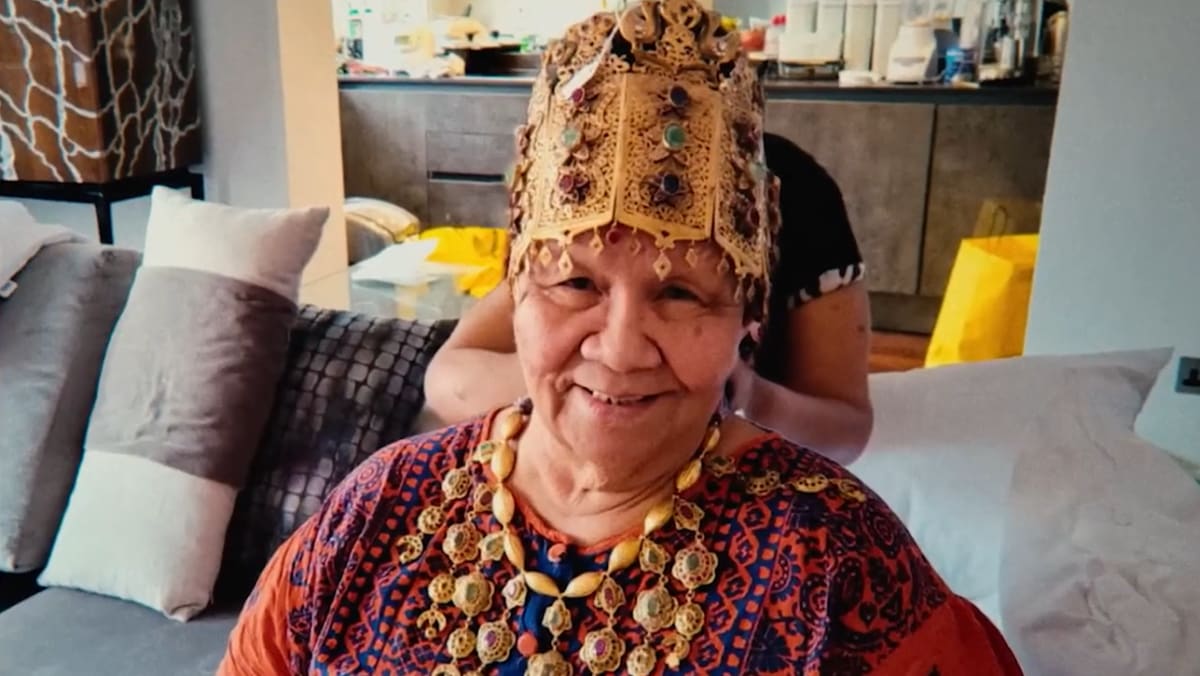



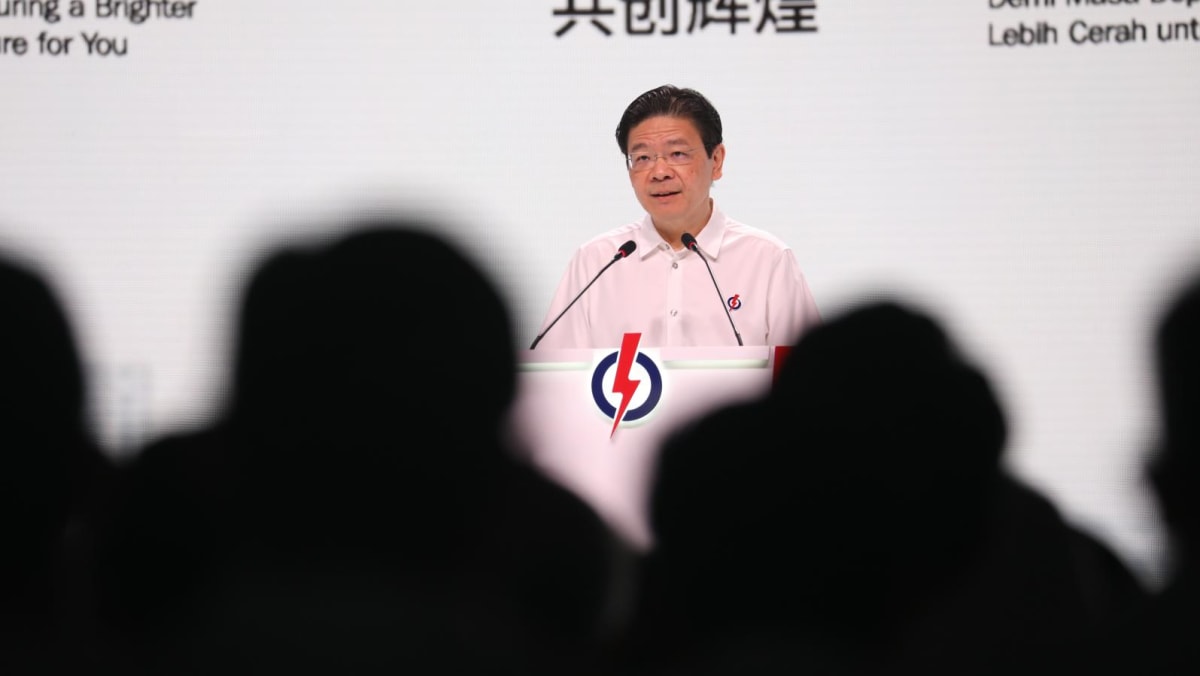
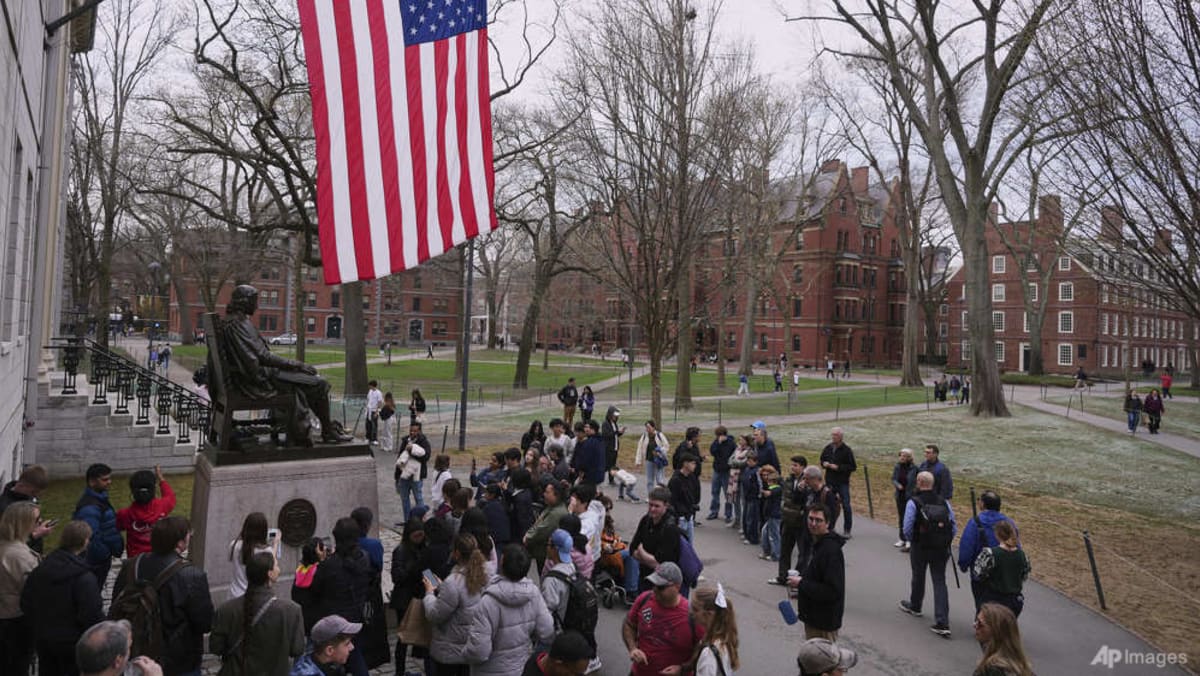

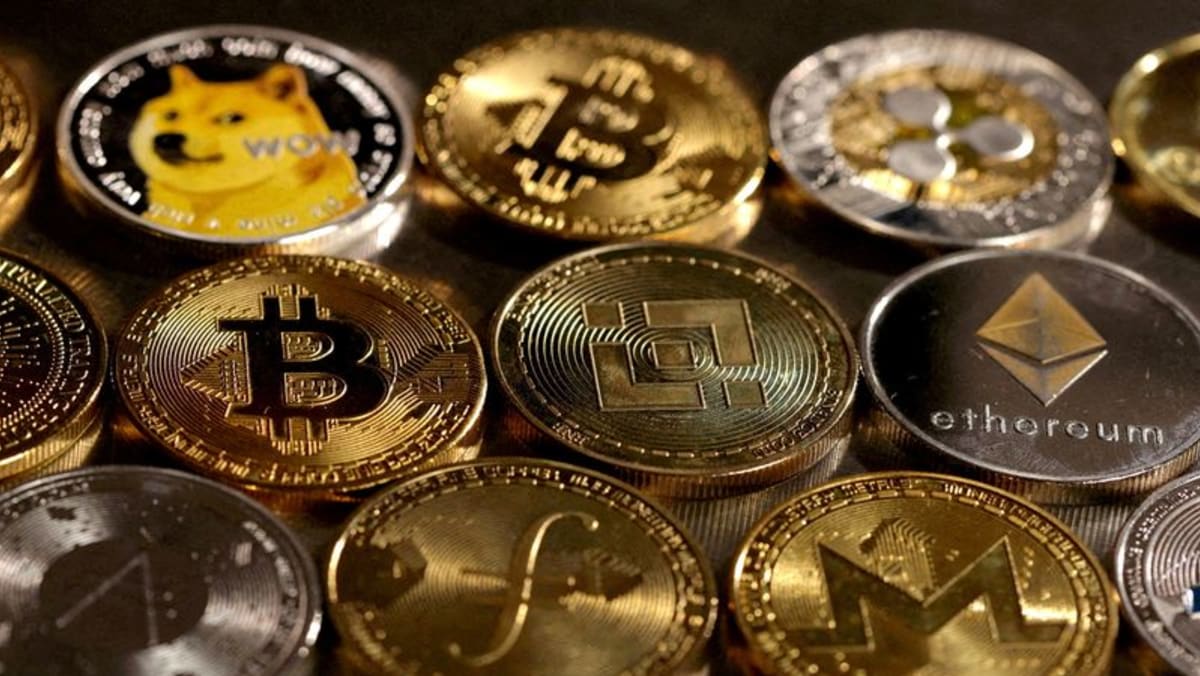

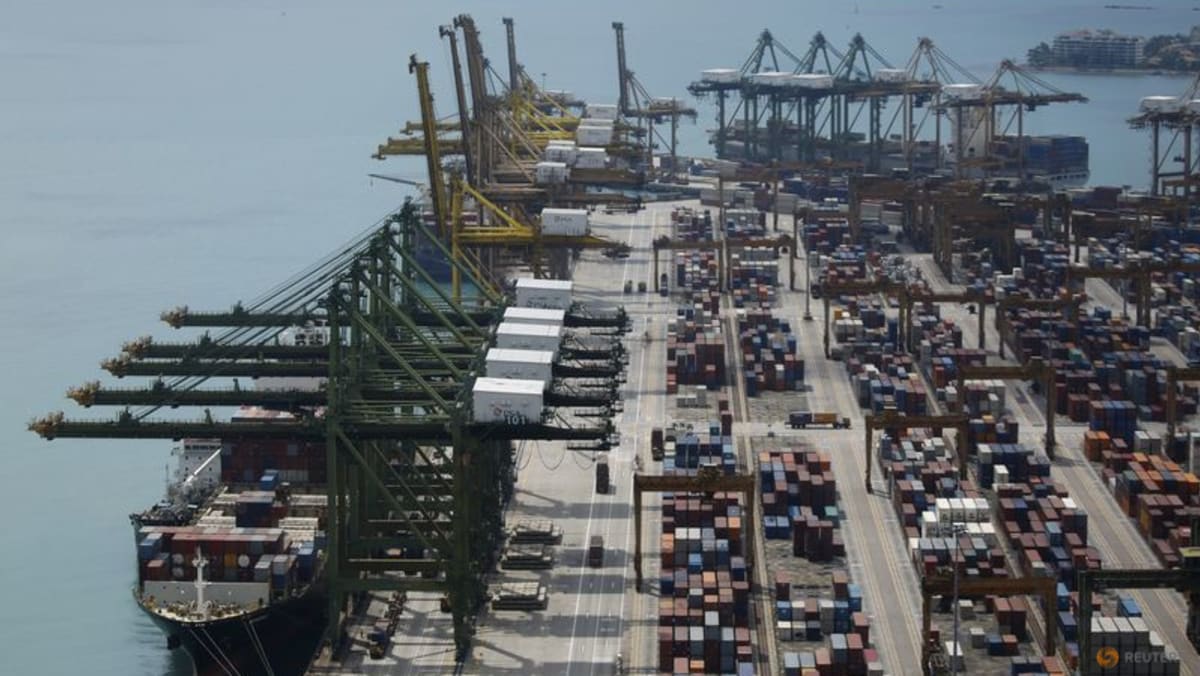

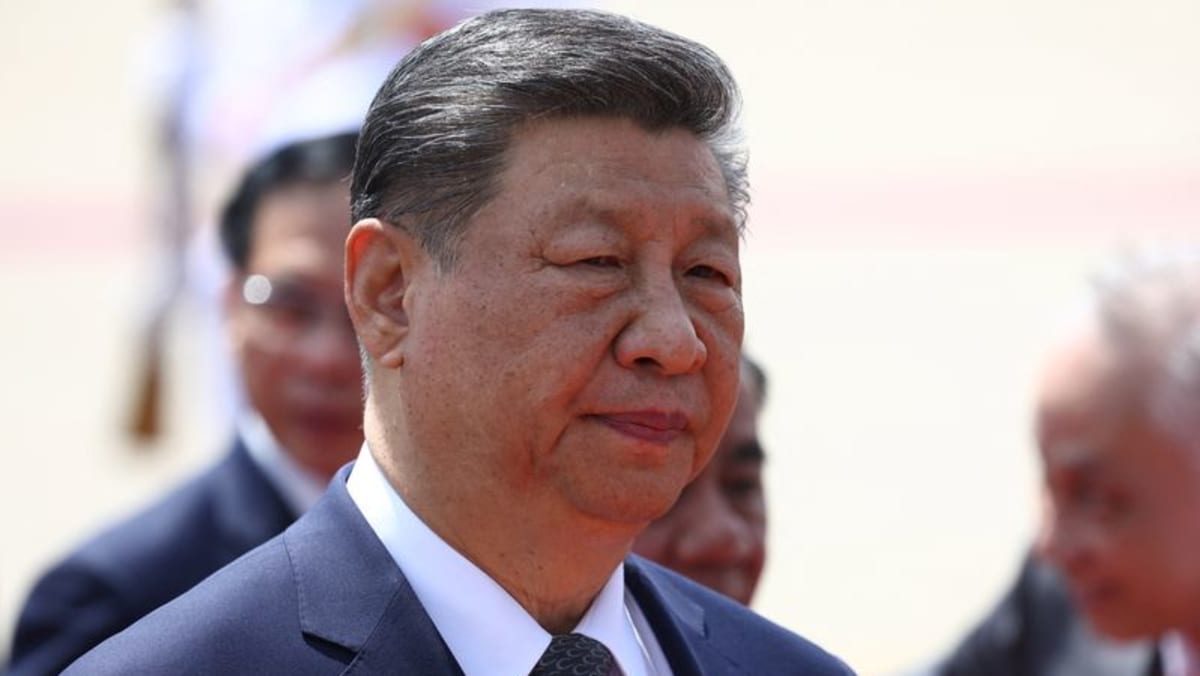
.png?itok=erLSagvf)


